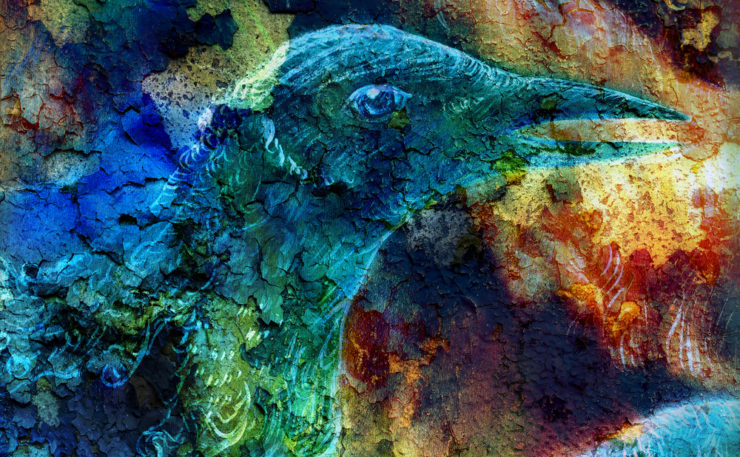Underneath the warm, soft belly of food compulsions, for many of us, lies the residue of trauma and rupture.
It is for these places that the food rises up – a way our body, brain and nervous system moves in to try and protect us.
This can fill us with such shame. When we don’t ‘cope’ with life’s pain in the way that we think we should, we can be so hard on ourselves – believing that we should have known better, done better, or should have prevented our pain from arising in the first place.
Our anger can go inward, towards our own hearts. We may struggle to feel compassion or forgiveness for ourselves.
Forgiveness is one of the doorways we all walk through as we tend this vulnerable underbelly. And alongside forgiveness we also journey through anger, and grief.
When my youngest child was little – about 6 or 7 – we car pooled with a neighbor down the street, a little boy the same age as my son. One afternoon they got into an argument in the backseat on the drive home. I listened with curiosity – and some awe – as they worked through their difficulty.
The next day, when I asked them about their tussle, my son’s friend said, with earnest passion, “Sometimes I’m so mad, I stay mad for like three whole hours!”
I smiled at his forthrightness, thinking to myself, “Well, sometimes I stay mad for three whole years!”
On the other side of our anger we often find the tenderness of grief: the sadness, anger, and sorrow of what we wish hadn’t been. In my own life, I can cling to anger, resentment – or even a desire for protection – in an attempt to shield myself from this vulnerability.
On my bathroom mirror there’s a quote from beloved meditation teacher Stephen Levine that goes like this: “When we can’t protect ourselves anymore, only mercy remains.”
His words feel like both an acknowledgement and an invitation: to soften these protections and allow something deeper to hold us.
What if there is mercy, underneath the food? Underneath all the ways we try and protect ourselves?
For me, it helps to learn from others, so I often seek out forgiveness stories, to learn how others brave those seas. The last forgiveness story I read quoted a line from William Penn –“Let us see what love can do.”
I don’t know much about William Penn, aside from the state that bears his name, Pennsylvania, and that he was a Quaker.
But this quote makes me wonder about his journey, and what he learned in his lifetime about forgiveness, grief, and the courage to trust.
His words – and a friend’s courage in remaining open in the face of heartbreak – inspired this poem below.
Perhaps courage, like forgiveness, and like love, is something best done together. We do not have to swim those seas alone.
Courage
The task in this world:
To open, and open.
To say yes to this, and this,
and this too.
Together, let’s see what love can do.
